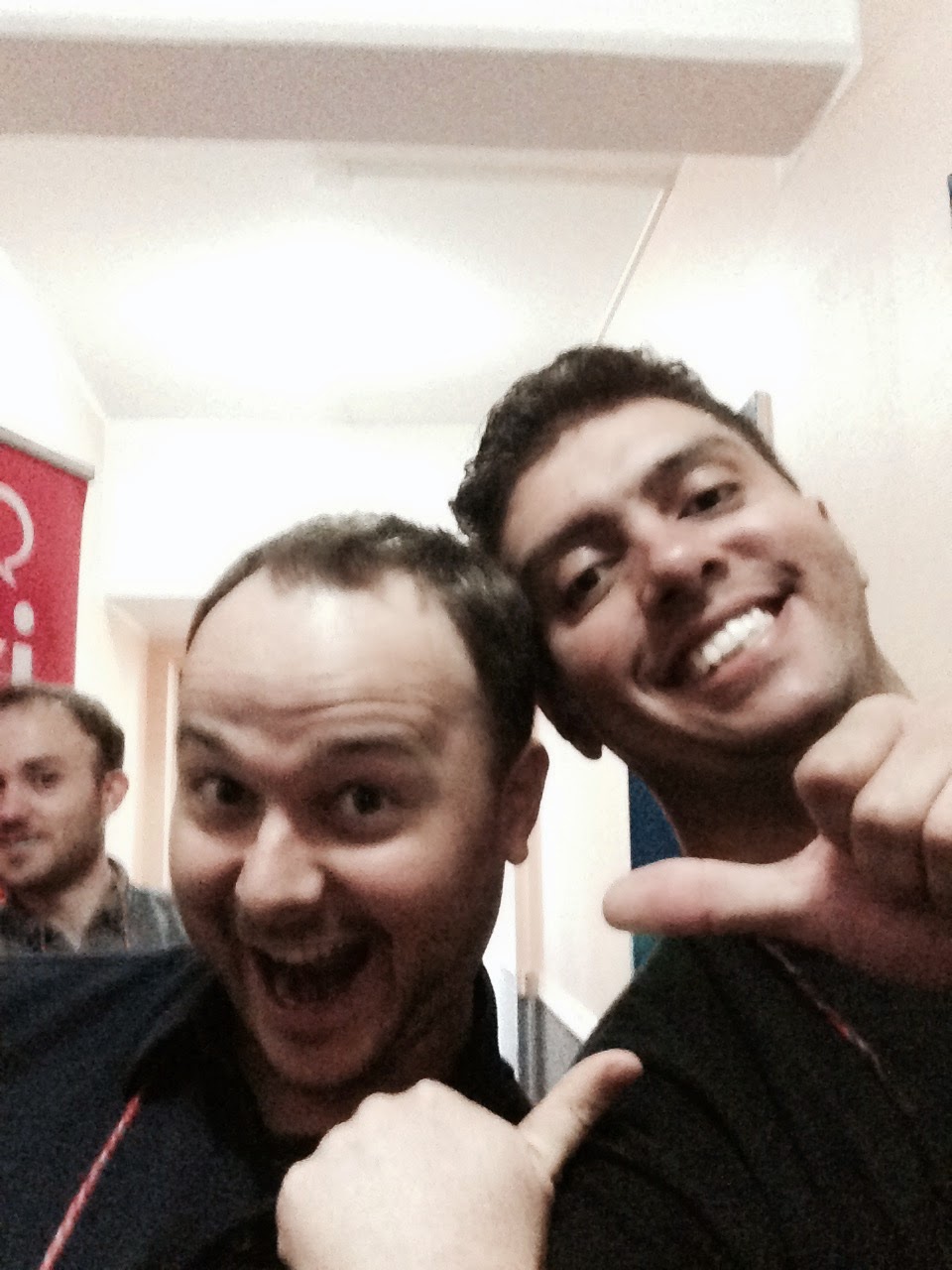 |
| Stop looking at, start speaking! |
This week I have been organizing some of my books and
I have found some "pearls", that are some old books from the last
century, that I have been collecting since I was a child, because my dream is
to establish museum of the foreign language in my city. It is really funny to
observe how good were the old books, they could not have a great design and
funny cartoons, but the content is undoubtedly further better then the majority
we have available in the language market nowadays. Sometimes my pupils bring me
the material they used in the former school, or with the former teacher, and I
get astonished to realize how bad they are, and I can easily find out why the
majority of learners who study in language centres seldom reach their goals,
obviously the fault is not entirely on the books, but it is partly their fault,
the language market is only interested in the money, they are not truly
interested in the language, sometimes they do not know nothing about
methodology and claim themselves experts.
People really do not know how to choose a foreign
language school or teacher, they simply believe in their claims and empty words
and apply for the course, but it is exactly for this reason that the
"learningless process" starts, bad teacher, bad books, no methodology
and a lot of money and time invested, year after year until the person gives
up, and starts the belief of inability.
People have no idea how to choose self-teaching books
not even language school or teacher, here I will share some tips:
How to
choose a language School:
1-when you go to know the school or methodology, do
not accept to go only to the basic lesson, ask them to watch an advanced lesson
in order to be sure that the school does what it promises, if the students in
that advanced group is not speaking in a flow, give up immediately of the
school.
2- observe if they only have foreigners as teachers,
in fact to be a native is not a symptom of ability to teach, sometimes a non
native teacher, but with experience is far better than a native with NO
experience in teaching. Sometimes people
insist in the need of a native speaker as a teacher, but knowledge is no use
without ability to teach it.
3- if you decide to study by yourself the choice of
the material is a critical part of the whole process, as it will be through it
that you will learn the language, so you have to decide your form to learn the
language. Some people prefer to learn by reading, others by listening, and some
others by speaking. You can check on the Internet about various method
available, for sure there are good reviews and specialist's opinion, as there
are a lot of methods the only form to discover which one is the best for you is
by discovering the way your brain prefers to learn, that is, if it prefers to
learn by reading, listening, writing or doing, or even with some of those.
The language material marketing is really huge, we
have material for “all the tastes and wallets”, some are free of charge and amazingly fantastic, some are incredibly
expensive and ridiculously bad, in the bookshops we become doubtful in front of
the large amount of
material, so how to overcome this problem? Many
linguists, polyglots and experienced language learner have been trying a lot to
evaluate the quality of materials, but we have never arrived in middle term,
some love certain material while others hate the same ones.
So, I will suggest you the material I use to learn new
languages, I promise in the future make a detailed review about such courses:
I particularly use the following:
Assimil Series (perfect for the step by step approach)
Colloquial Series (perfect for the grammar)
Teachyourself series (perfect for the grammar and
activation system)
Pimsleur Audios (perfect for no-reading moments)
Michel Thomas audios and methodology on the whole
(perfect for putting everything together and start speaking).
Lonely planet – phrasebooks (perfect to have in your pocket all day long).
So, these are my favourite methods, not necessarily in
this order, nowadays I am working in a challenge to try Pimsleur Method so you
can check old posts to know more about it. Later on I will do reviews about the
others.
Please, do not hesitate to post any comments, send me
an email, or even vist my channel in youtube





















